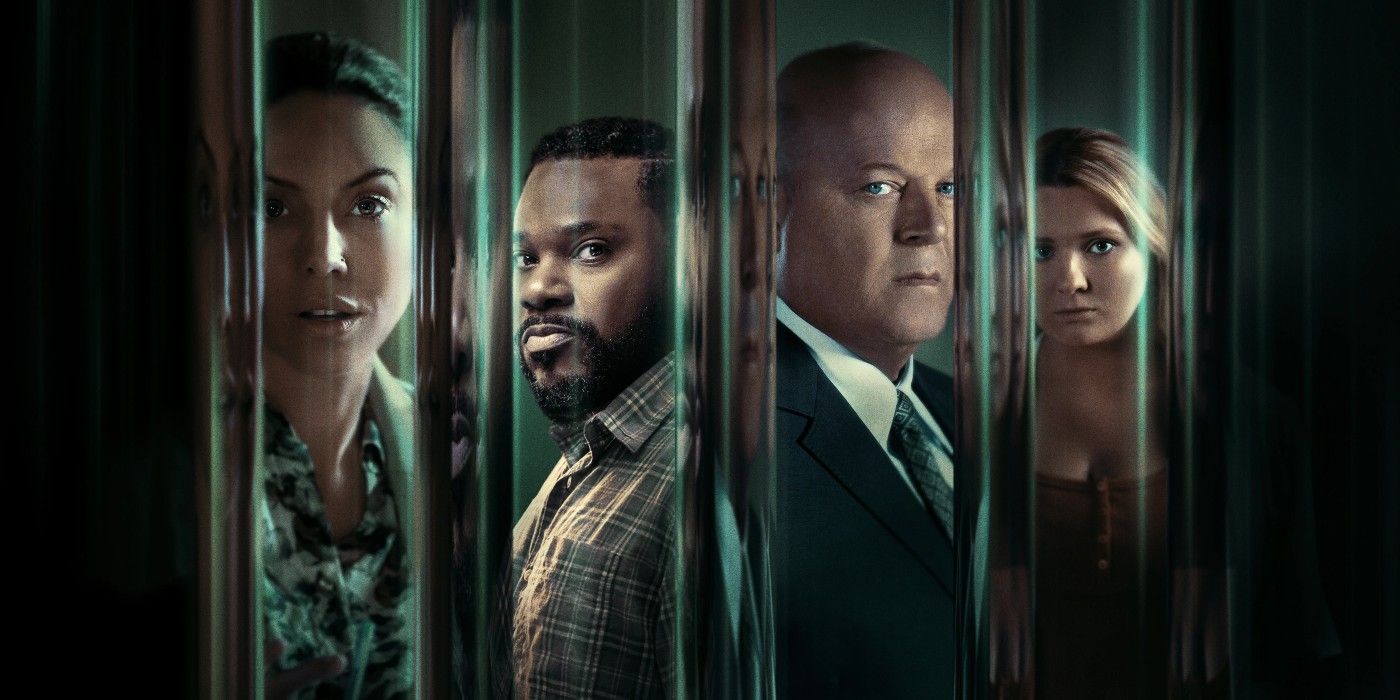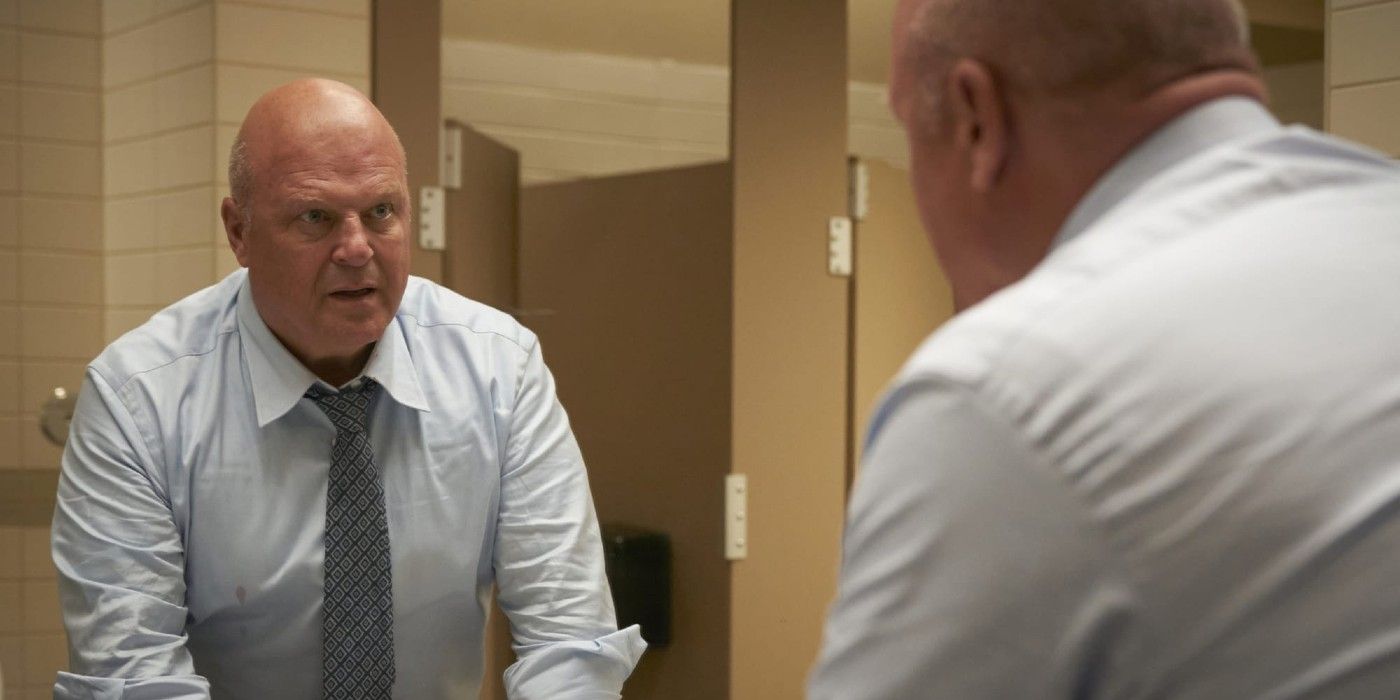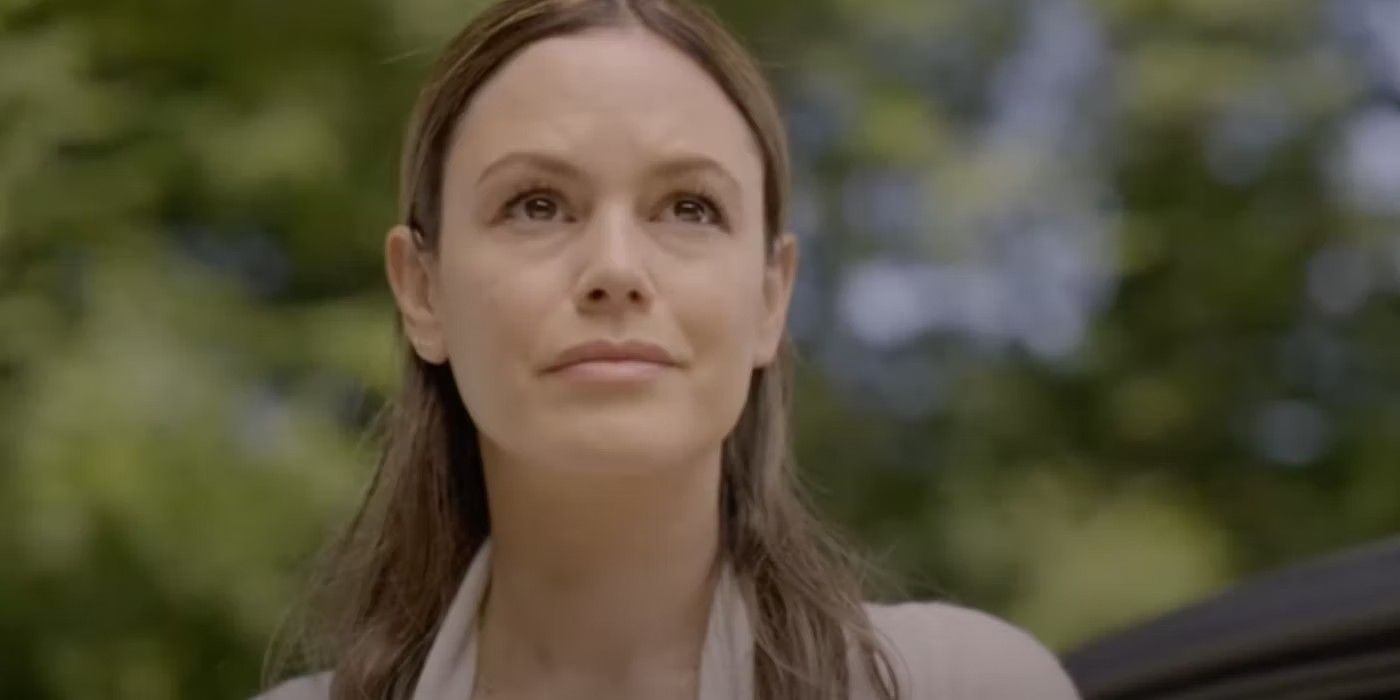Based on the award-winning BBC series of the same name, Accused isn't a standard procedural. The provocative drama centers on ordinary people in impossible situations. Each standalone episode opens in a courtroom and follows a different cast and a new case. Viewers initially have no knowledge of the defendant, circumstances, or mitigating details. Slowly, their stories unfold in the present and through flashbacks. Early transgressions will range from a school shooting to a baby kidnapping to racial injustice.
The star-studded lineup of talent includes actors Michael Chiklis, Abigail Breslin, Whitney Cummings, Wendell Pierce, Rachel Bilson, Malcolm-Jamal Warner, Rhea Perlman, and Aaron Ashmore. Showrunner Howard Gordon (24, Homeland) recently spoke with CBR about Accused's unique format, telling human stories, hot-button issues, and attracting an A-list cast.
CBR: Audiences often claim they tune into television to not only be entertained, but to also forget about the real world. Arguably, it's impossible to do the latter with Accused. What was your goal coming into this series?
Howard Gordon: It's funny. You kind of hit the nail on the head. I understand the calculus of entertainment and escape. This was sort of the opposite. I wanted to be entertained. I'm wrestling, as I think we all are, with the times. The world is changing so fast and so radically and being disrupted in ways I certainly can't get my head around. This format, which was a British format that Jimmy McGovern did 10 or 12 years ago at the BBC, felt like an opportunity to shine a light on some of the strange places we find ourselves in society, whether it's along the lines of race or power or gender or how social media is eroding truth.
This show aspires to travel in someone else's shoes. I describe it as "an empathy engine." It wasn't as calculated as that. For me, it was a way to experience a dramatic, hopefully entertaining and unforgettable show... something to lose yourself in that is not reality but is adjacent enough to reality to make you think a little bit differently about the world we are living in today. That was what grabbed me about the idea.
Speaking to the world we live in, there are so many heavy subjects that you tackle on the show. How did you land on them? The first episode about the plotting of a school shooting is particularly relevant and scary.
The idea that we can tell the story about a school shooting that 10 years ago would have been news the nation, this society, and culture, would have grappled with on the front page... It would have been an earthquake. The fact that it has become common place is what I felt. Are we so numb that we are accepting this? There is another episode that we haven't put out for review that is from the point of view of a mother of one of the victims. She finds herself face-to-face with a denier. He claims they were crisis actors and the whole thing was staged to take away their guns. It's really how vulnerable we all are to these people's so-called "alternate facts."
After 9/11, we did 24. We thought, for a brief time, that we were going to be canceled or they wouldn't even put us on. We hadn't even aired yet. 24 wasn't an analysis of the global situation. There was a wish fulfillment of this character. There was something cathartic about experiencing these stories in an adjacent reality. We are all being hammered over the head by the news, by these stories. We have become numb to so much. This show is designed to make people feel again. It sounds like an ambitious point, but there is something about drama, about storytelling, that has become so forbidding. We all turn the paper or look away. I hope this is the kind of thing where people can't help but look at it and think about it.
The first episode was particularly challenging to write and was to act for [the cast]. I know that. There are quite a few episodes that are emotional. The Michael Chiklis episode is a little tragic with a side of tragedy. In the Marlee Matlin episode, as a couple of the others are, the world is a better place. Some cosmic justice has been served by the end of it. There is a variety.
The cast on Accused is an embarrassment of riches. How did that fall into place?
The hope, or the promise, was that all of us on the creative side of it were compelled by this show. The gamble was actors would be, as well. It turned out to be the case. We have Billy Porter, Marlee, Michael, Keith Carradine, and Abigail Breslin. People really responded to the material. What turned out to be a little bit of a challenge was the scheduling of actors. We thought, "Oh, people just have to come for three weeks to Toronto. Not a big deal." It was in the middle of the glut of content, so it was challenging to calendar people for that. The casting of it was a bit of a nightmare, frankly. The wheels almost came off the bus a bunch of times. Then, after that, with Covid surging and spiking, and ebbing and flowing... It was not an easy thing to do, but it was amazing that we did it and got through it.
Let's look at the show's unique format. Typically, courtroom dramas start with a crime and introduce the victims and perpetrator before delivering a verdict. In terms of narrative, what worked about this format where things kick off differently?
It's a couple of things. The courtroom drama is a form. What was interesting about the show is rather than putting it as an investigator or a lawyer or cop's point of view, it's putting it in the point of view of the person who stands accused. I was just thinking one day [that] the two loneliest places to be is when they are dying. They are on a bed, or they can even be surrounded by loved ones, but they are the ones who are dying. When you are on trial, you are standing in judgment in the face of imperfect facts and a story being presented by one side in one way and another side in another way. That loneliness and the fact that after that judgment is rendered is going to change your life forever... Your very liberty can be taken away... [That] felt like a compelling narrative format, but again, the show is about so much more than guilty or innocent.



